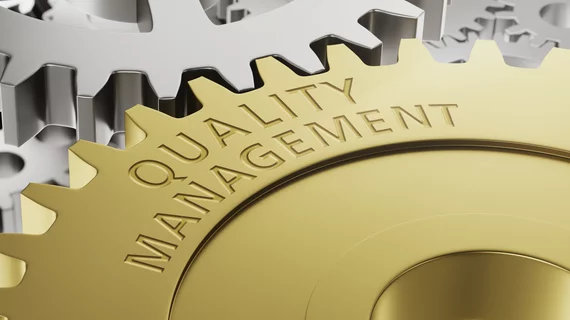Tele-echocardiography earns high marks as a heart failure treatment
Telemedicine is gaining popularity all over the world, but it makes more sense for some specialties than others. Researchers in Norway examined the potential impact of tele-echocardiography on patient care at an outpatient heart failure (HF) clinic, sharing their findings in the Journal of Ultrasound in Medicine.
The team taught echocardiography to three cardiac nurses with no prior echocardiography experience. Care was then provided to 50 consecutive patients at a single outpatient HF clinic, with the nurses performing limited echocardiography themselves and then sending the data to cardiologists who provided “near-real-time” interpretations.
This system was then compared to traditional echocardiography performed by one of four experienced cardiologists.
Overall, the authors found that tele-echocardiography was an effective, feasible treatment option for HF patients. There was a “substantial agreement with the reference” for HF category classification, and the sensitivity for tele-echocardiography when detecting at least moderate mitral stenosis, mitral regurgitation and tricuspid regurgitation was 100%. Its specificity for detecting those same at least moderate mitral stenosis, mitral regurgitation and tricuspid regurgitation was 95% or higher. There was a low sensitivity (43%), however, for detecting at least moderate aortic stenosis.
“We are currently unaware of other studies evaluating tele‐echocardiography with recordings by nonphysician personnel at a single geographic location combined with near–real‐time interpretation by a cardiologist at another,” wrote lead author Anna Katarina Hjorth‐Hansen, MD, Levanger Hospital, and colleagues. “The telemedical approach was feasible and reliable in this HF population.”
Implementing telemedicine in this way, the team concluded, “may improve diagnostics and therapy” in areas where echocardiography specialists aren’t available.

